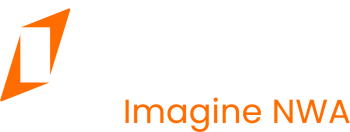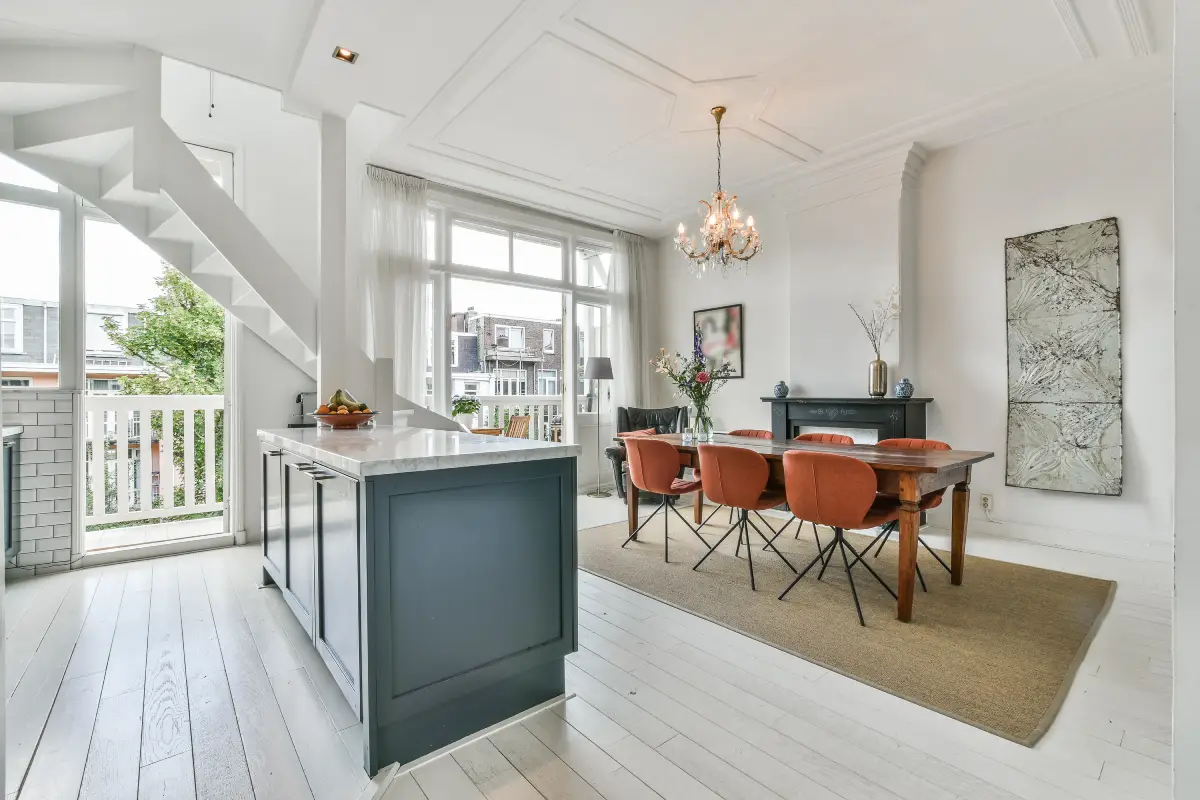Bentonville’s rental market is flourishing, driven by its rapid growth, strong job market, and reputation as one of Arkansas’s most desirable cities. With a mix of professionals, families, and newcomers attracted to the area, demand for rentals remains steady. Yet even in such a robust market, profits aren’t automatic. A single repair, unexpected insurance hike, or extended vacancy can strain finances if landlords aren’t prepared.
That’s why budgeting is so vital. A clear financial plan doesn’t just track numbers—it ensures steady cash flow, cushions surprises, and provides the foundation for sustainable growth. At PMI Imagine NWA, we help property owners create budgets tailored to Bentonville’s market. One of the most effective starting points is streamlining payments with smarter rent collection systems that reduce delays and late fees.
Key Takeaways
- Conservative rent projections keep cash flow realistic and manageable.
- Reserve funds prevent emergencies from wiping out monthly profits.
- Targeted upgrades increase tenant appeal and property value.
- Tax-conscious planning ensures landlords capture all deductions.
- Professional support allows growth without unnecessary stress.
Keep Income Projections Grounded
It’s tempting to calculate gross rent and assume that represents actual income. For example, if a Bentonville property rents for $1,800 a month, it appears to bring in $21,600 annually. Once you apply a 5% vacancy rate, the number falls to $20,520.
Even in Bentonville’s competitive market, tenant turnover, seasonal demand shifts, and unexpected delays are common. Budgeting conservatively gives you financial breathing room so that one vacant month doesn’t destabilize your cash flow.
Tips for more accurate projections
- Factor in at least 5% vacancy loss.
- Monitor comparable rents in your neighborhood, not just citywide averages.
- Consider renewal incentives—retaining tenants often costs less than finding new ones.
Know the True Costs of Ownership
Rental income only tells part of the story. To stay profitable, landlords need to budget for fixed and variable costs.
Fixed expenses include:
- Mortgage payments
- Property taxes
- Insurance premiums
Variable expenses include:
- Maintenance and repair work
- Utilities (if landlord-paid)
- Landscaping and pest control
- Property management fees
Some landlords see management fees as optional, but PMI Imagine NWA clients often discover they increase net income. Professional management reduces vacancy times, improves tenant quality, and handles maintenance more efficiently—all of which protect profitability.
Protect Cash Flow With a Reserve
Unplanned expenses are inevitable. In Bentonville, HVAC breakdowns in summer, roof damage after storms, or sudden plumbing issues can quickly eat into monthly profits.
By setting aside 5–10% of rent into a reserve fund each month, you create a safety net that ensures emergencies don’t become financial crises. This proactive approach also builds trust with tenants, as repairs can be handled promptly.
Upgrade With ROI in Mind
Not all improvements drain profits—some actually boost long-term returns. Strategic upgrades make properties more competitive, attract reliable tenants, and allow for higher rent.
Examples of high-value upgrades:
- Energy-efficient appliances
- Fresh paint and updated flooring
- Smart locks or security systems
- Landscaping that improves curb appeal
When paired with smart leasing practices, these updates reduce disputes, shorten vacancies, and improve tenant satisfaction.
Track Finances with Professional Tools
Budgets only succeed when backed by accurate data. Paper files and generic spreadsheets often lead to errors and overlooked deductions.
PMI Imagine NWA offers landlords advanced financial reporting systems that provide:
- Monthly income and expense statements
- Tax-ready documentation
- Expense categorization for easier tracking
- Performance comparisons across properties
These tools help landlords make better decisions about rent adjustments, upgrades, and long-term portfolio strategies.
Budget With Taxes in Mind
Taxes are one of the largest expenses for landlords, but they also provide opportunities for savings. Common deductions for Bentonville landlords include:
- Mortgage interest – a substantial yearly deduction.
- Management fees – deductible as operating expenses.
- Repairs – deductible in the year they’re incurred.
- Travel expenses – mileage for inspections or maintenance trips.
- Depreciation – spreads property value deductions over several years.
By recording these expenses throughout the year, landlords simplify tax season and maximize savings.
Scaling Without Losing Control
One property is manageable, but growth requires structure. More properties mean more tenants, more repairs, and more bills to juggle.
Per-property budgets allow you to see which units are most profitable and which need adjustments. Bundling services like lawn care or pest prevention across several properties can lower costs. With PMI Imagine NWA managing daily operations, landlords can scale portfolios confidently without feeling overwhelmed.
Budgeting for ROI and Reduced Vacancies
Vacancies are among the biggest threats to profitability. An empty property earns nothing while expenses continue. By budgeting for marketing and tenant placement, landlords can reduce downtime. Reviewing leasing strategies helps ensure vacancies are minimized and turnover processes are efficient.
Treat Budgeting as a Year-Round Process
Budgeting isn’t something to review only at tax season. Regular monitoring helps landlords spot cost creep, anticipate repairs, and plan for upgrades. By treating budgeting as a continuous process, you protect your investment through every market condition.
Turning Budgets Into Growth
Rental profits in Bentonville aren’t about luck—they’re about preparation. PMI Imagine NWA helps property owners create budgets that protect income, prepare for risks, and support long-term growth. Begin building financial stability today by contacting us through our contact page and let our team show you how smarter budgeting can strengthen your rentals.
FAQs
How much should I expect to pay for property management in Bentonville?
Most property managers in Bentonville charge 8–12% of monthly rent. While it may look like a cut in income, these fees usually improve profitability through faster leasing, rent collection, and better tenant retention.
What are the average property tax rates in Bentonville, AR?
Property taxes in Benton County average around 0.6–0.8% of assessed value. For a $250,000 property, that’s about $1,500–$2,000 annually. Budgeting for this ensures no surprises.
How much should I save annually for maintenance?
A good rule of thumb is to save at least 1% of your property’s value each year. For a $300,000 property, that means $3,000 reserved for repairs and upgrades.
Do short-term rentals in Bentonville require different budgeting?
Yes. Short-term rentals demand higher budgets for cleaning, furnishings, and utilities. They can also earn higher nightly rates, but only if landlords account for turnover costs.
What upgrades typically bring the best returns in Bentonville rentals?
Energy-efficient appliances, modern kitchens, smart home features, and curb appeal enhancements often provide the best return on investment. They also help reduce vacancies by making properties more attractive.



